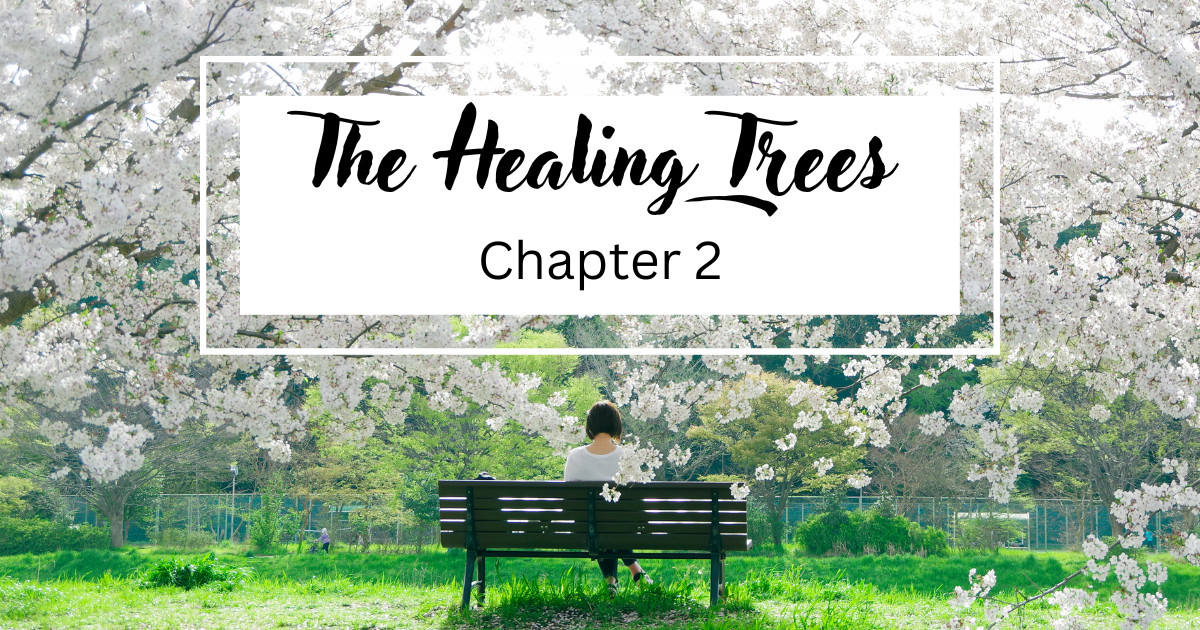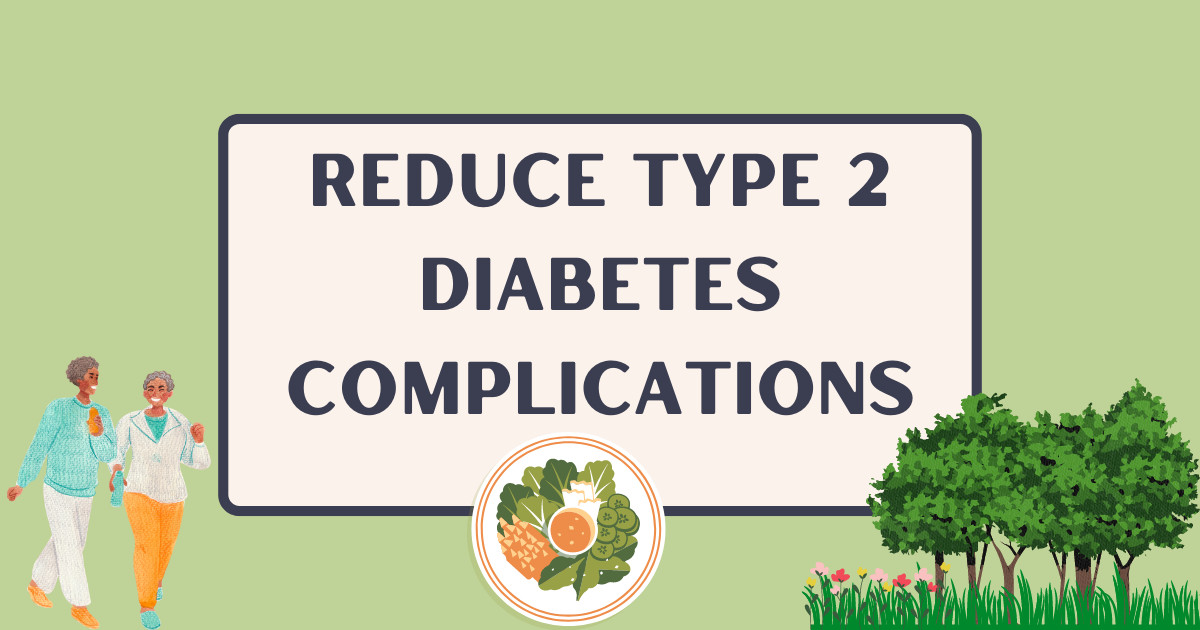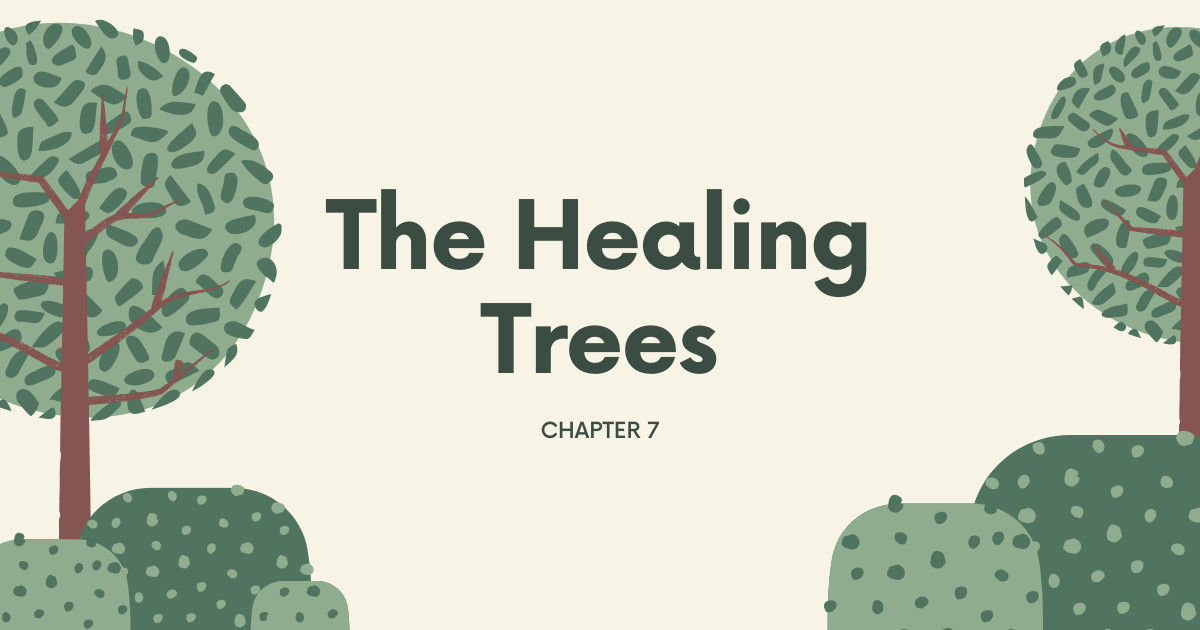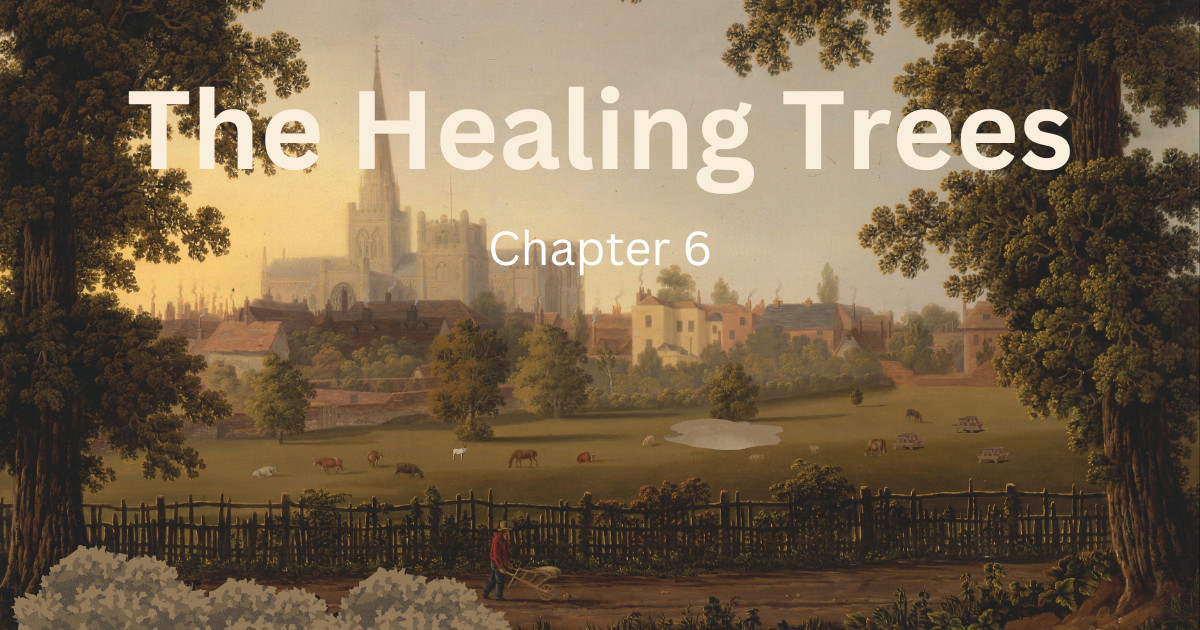
In today's digital age, children are facing numerous challenges and growing up disconnected from nature. The constant exposure to screens, both at home and in educational settings, is taking a toll on their mental health. Studies have shown that kids spend an average of just 4-7 minutes a day outdoors, while devoting more than 7 hours staring at screens. This has led to the emergence of what Richard Louv coined as "Nature Deficit Disorder," where children are more drawn to electrical outlets than the natural world. Thankfully, there are steps we can take, beginning today, to change this dynamic and help our children heal their mental health.

Maya shares with her mother a summary of her conversation with Mrs. Thompson, and expresses her desire to spend more time with her to better understand what is happening. At home, Maya experiences another panic attack while doing homework, and goes outside near the tree in her front yard. Maya's mother prays for her daughter's healing, and they have a quiet dinner together before Maya finishes her homework. Maya's thoughts turn to her absent father, but her mother interrupts and offers to take her to the store.
Read more...
Maya stays after school to talk with Mrs. Thompson, who shares her own experience with anxiety and panic attacks. Mrs. Thompson explains that panic attacks can be caused by stress, anxiety, depression, or traumatic events. Maya is touched by Mrs. Thompson's empathy and asks to continue their conversation the next day. Mrs. Thompson reassures Maya that many people have overcome similar struggles and that she, too, will find her way through this journey.
Read more...
This blog post is the first chapter of my book "The Healing Trees", a story about the mental health struggles faced by young people, emphasizing the importance of helping children develop excellent mental health. Chapter one provides a glimpse into Maya's experience with panic attacks, and her encounter with Mrs. Thompson, who offers support and reassurance. Maya's journey highlights the power of finding solace in nature, and the role that loved ones and educators play in navigating mental health challenges.

Which diet is best for those with Prediabetes? While many doctors may focus on medications, a whole-food plant-based (WFPB) diet can be instrumental in getting back on track and preventing the development of Type 2 diabetes. The best part is that this diet allows for flexibility, creativity, and enjoyment of delicious and nutritious foods.
Read more...





